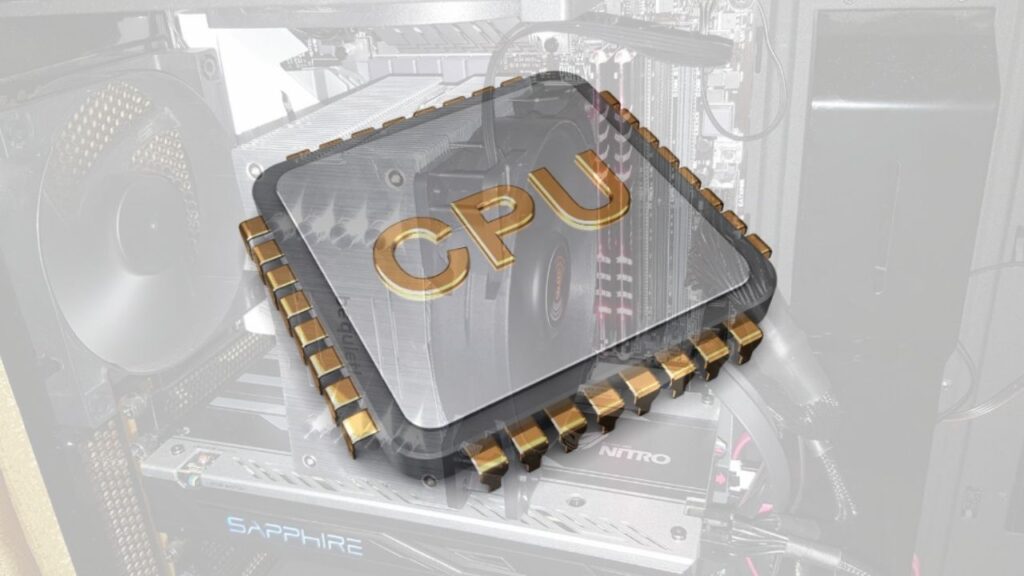Recognizing the signs of a dying CPU is crucial for maintaining the longevity and health of your computer.
Your computer is central processing unit (CPU) is the brains behind the operation, handling countless tasks to keep your system running smoothly.
However, like all components, CPUs are not immune to wear and tear.
In this article, we’ll explore the subtle signs that may indicate your CPU is reaching the end of its lifespan and how to assess if it’s on the verge of failure.
Signs That Tell if Your CPU Is Dying
Some of the signs that might indicate your CPU is dying.
Frequent System Crashes: One of the early signs of a failing CPU is an increased frequency of system crashes or unexpected shutdowns. If your computer is becoming less stable, it may need help to execute tasks properly.
Overheating Issues: CPUs generate heat during operation, but if you notice a sudden and persistent increase in temperature, it could be a sign of a dying CPU. Overheating may lead to thermal throttling or, in severe cases, cause your computer to shut down to prevent damage.
Performance Degradation: A gradual decline in overall system performance can be indicative of a failing CPU. If tasks that were once handled effortlessly now take longer or exhibit delays, it’s worth investigating the health of your processor.
Strange Error Messages: Unusual error messages or system warnings that specifically point to CPU-related issues should not be ignored. These messages may appear during startup or when executing specific tasks.
Blue Screen of Death (BSOD): If your system is experiencing frequent and seemingly random Blue Screen of Death errors, the root cause could be a failing CPU. BSODs often indicate critical hardware issues, and the CPU is a potential culprit.
Failure to Boot: If your computer fails to boot, it could be due to a malfunctioning CPU. While various factors can cause this, a dying CPU is one possibility, especially if other hardware components have been ruled out.
Unexplained System Freezes: Random freezes or lock-ups during regular operation can be a sign of CPU issues. If your system becomes unresponsive even when handling routine tasks, it’s time to investigate further.
What to Do If You Suspect CPU Issues:
- Check Temperatures: Monitor your CPU temperatures using software tools. Excessive heat can lead to performance degradation and, over time, hardware failure.
- Run Diagnostic Tests: Utilize diagnostic tools to assess the health of your CPU. Many hardware monitoring and diagnostic applications can provide insights into the overall condition of your processor.
- Inspect System Logs: Review system logs for error messages or warnings related to the CPU. These logs can provide valuable information about the source of the problem.
- Perform Stress Tests: Run CPU stress tests to simulate heavy loads on your CPU. If your processor is failing, it may struggle to handle these loads, leading to overheating or crashes.
- Consult Professional Help: If you’re unable to diagnose the issue or suspect a failing CPU, it’s advisable to seek professional assistance. A computer technician can conduct more in-depth diagnostics and recommend appropriate solutions.
Conclusion:
When your CPU shows signs of deterioration, it doesn’t spell the demise of your entire computer.
Opting for a CPU upgrade can breathe new life into your system, restoring it to a state comparable to its initial performance.
Therefore, consider exploring alternative options as soon as you observe indicators of a failing CPU, such as boot-up errors, overheating, abrupt shutdowns, system freezes, sluggish responsiveness, system errors, and various other irregularities.

